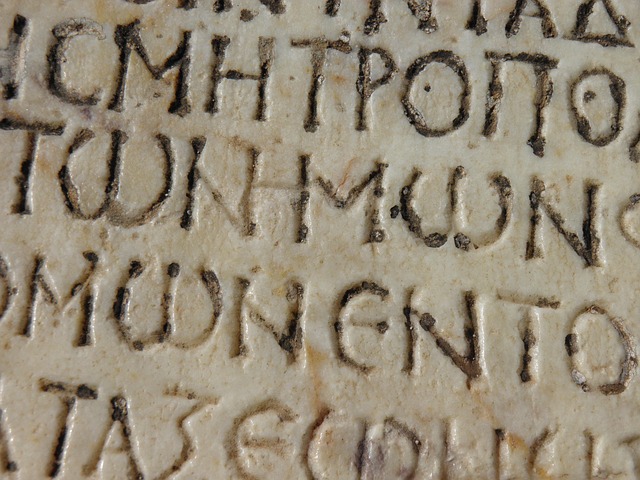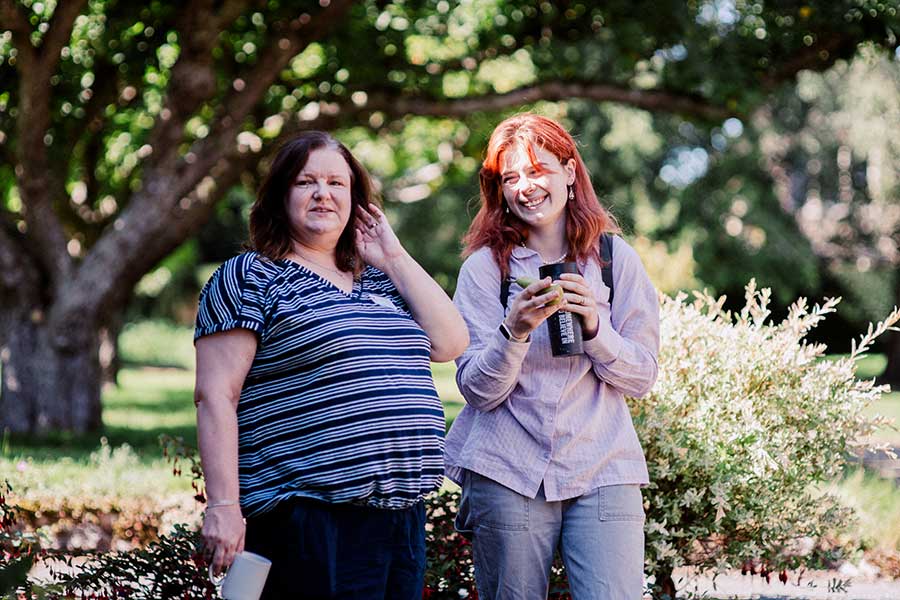
What will you learn on a Biblical Languages course?
Have you ever read something in the Bible and wondered what it really said in the original language?
A short course in Biblical Languages at St Augustine’s College of Theology is a great way to explore the roots of Scripture.
Whether you’re preparing for ministry or just curious, these courses open up a new way of reading the Bible.
Learn New Testament Greek or Biblical Hebrew
At St Augustine’s, you can study either New Testament Greek or Biblical Hebrew. These courses are designed for complete beginners and open to anyone with an interest in the Bible.
You’ll begin by learning the alphabet: alpha, beta, gamma in Greek; aleph, bet, gimel in Hebrew. It might sound tricky, but most students find this one of the most enjoyable parts of the course.

Build grammar and vocabulary in Biblical languages
Once you’ve mastered the basics, you’ll move on to key vocabulary and sentence structure. You’ll discover how biblical languages work: how verbs are formed, how nouns shift depending on their role, and how all of this shapes meaning.
For example, in Greek, a single word can capture what takes several in English. Hebrew often uses repetition and wordplay to highlight deeper ideas. Learning the grammar helps you see how the original writers expressed ideas with clarity and subtlety.
Read scripture in its original form
Even on a short course, you’ll soon be reading and understanding biblical passages in Hebrew or Greek.
It might be a verse from John’s Gospel or a line from Genesis, but either way, you’ll begin to spot things you’ve never noticed before. Choices in how a word is translated can influence our ideas about faith, theology, and even our understanding of God.
By the end of the course, you’ll have a solid foundation in grammar and vocabulary, and a new appreciation for the richness of the Bible’s original languages.

See the Bible with fresh eyes
Learning a biblical language changes the way you read the Bible – it invites you to slow down, to pay attention. You’ll become more aware of how translations work and how those decisions influence what we understand today.
Flexible, part-time study
These courses are suitable for new learners who are studying with us for the first time and current St Augustine’s students. And what’s more, study options are flexible – you can choose to study at our Southwark campus in central London or our West Malling campus in Kent. Classes are part-time, making them easy to fit around your existing commitments.

Watch this space – intermediate classes coming soon!
When you’ve completed the beginners’ courses (or you already understand New Testament Greek or Hebrew), you can jump straight onto the online intermediate courses to take your skills further. Make sure to check our course page for dates and times.
Try something new or deepen your calling
You can take a Biblical Languages course as a one-off experience or as part of a wider theological programme. Whether you’re exploring a sense of calling or simply eager to learn, you’ll find a warm and welcoming community here.
Apply now for our Biblical Languages courses
Want to find out more? Visit the Biblical Languages course page to learn more about both courses.
And if you’re ready to start learning this September, apply now.

